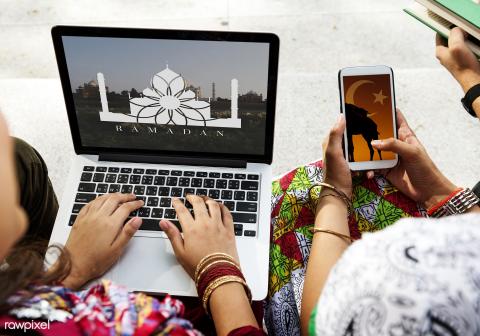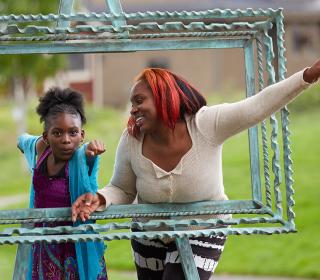As someone who has fasted from age 12, when Ramadan rolls around every year, my beast mode kicks in extra. Granted growing up in Zimbabwe meant days were never too long. Fasting in areas like the Pacific Northwest and countries like the U.K. mean you can fast for up to 16 - to - 18 hours per day depending on time of year.

How do Muslims Fast?
Yearly millions of Muslims around the world observe a month-long reflection of self and fast. One of the five pillars of Islam, Ramadan commemorates when the Quran was first revealed to the Prophet Muhammed Peace Be Upon Him (PBUH). From dusk to dawn, one is expected to abstain from the consumption of anything including cigarettes and sexual activity. Just two meals are allowed per day. "Suhoor," the meal before dawn, marks the beginning of fast and "Iftar" at sunset marks the end of fast.
The bigger challenge, in my opinion, is what I call "mental fast." One is supposed to behave in kinder manners, keeping your anger in check, refraining from the profanity, But deep breaths help and remembering that nothing is worth breaking all that hard work you've put into hours of fasting. "Choose personal growth Salma."
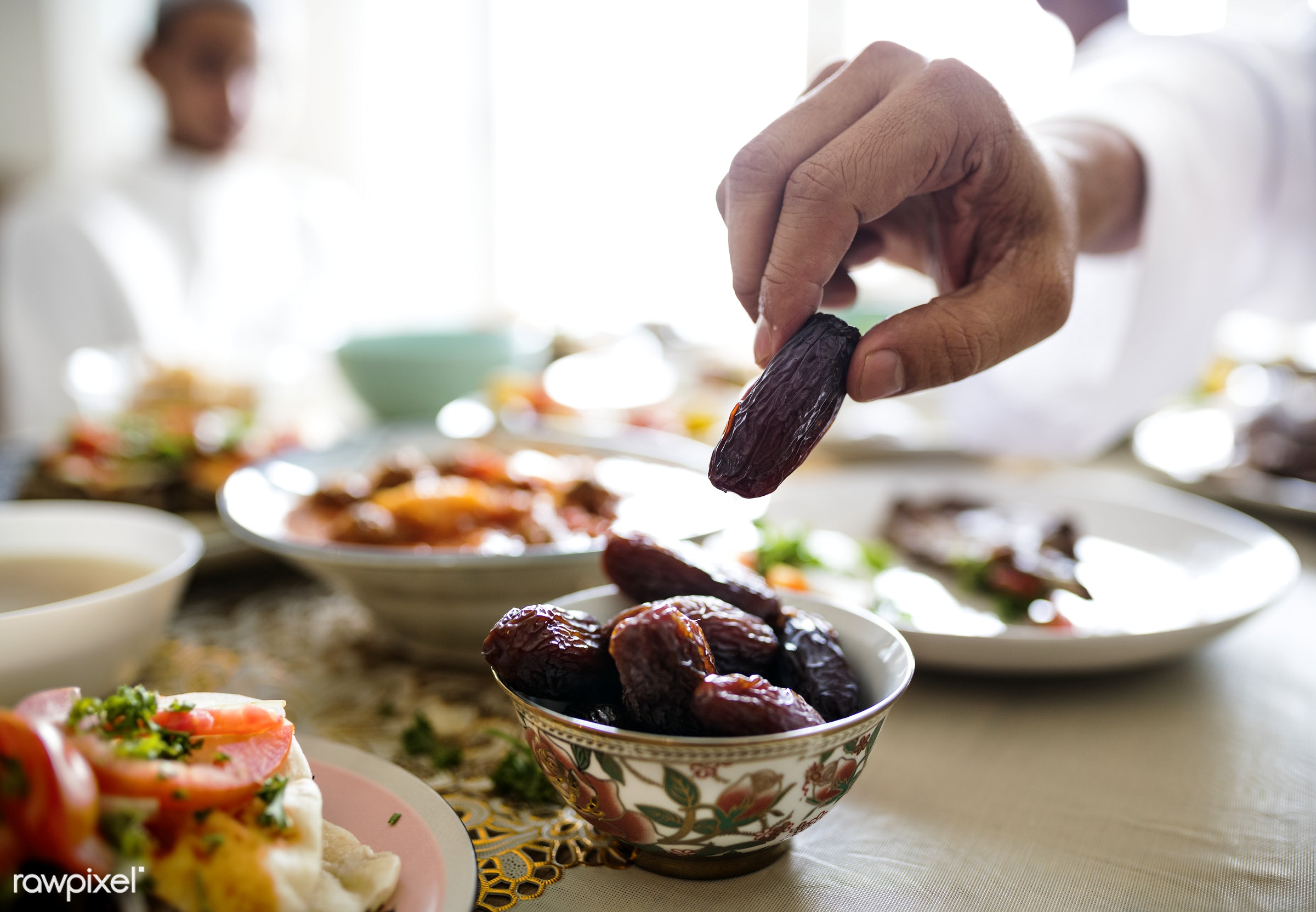
How Do Muslims Break Fast?
Traditionally, the breaking of fast is done with a sip of water and some dates, much like the Prophet Muhammed (PBUH) did around 610 A.D. As someone who fasts, I assure you anticipating the first sip of water is what you think about all day long, especially one hour or so before Iftar. The thirst is real! Iftar is enjoyed after the sunset prayer and shared with family and friends. It is very much a social event and you feel like a vampire because you come alive late at night. Many community organizations and mosques organize free Iftar meals every night during Ramadan.
Are There Exemptions?
Contrary to what many think, the month, though it may initially feel torturous, is not meant to torture you. The observance of the fast is to recognize those less fortunate, specifically those who go hungry every day, and appreciate how much you have. This, in combination with prayer, serves as a means to draw closer to God. The exempt are children, the elderly, women who are pregnant, those on medication and/or in hospital, and anyone traveling long distances.
Also, one can choose simply not to fast. That is everyone's right. The alternative presented is if you are unable to fast, you feed one person for every day you are unable to fast. I remember taking "off days" when I had exams and track meets. Though, once I did run the 4x400m relay (the first of my many heats at this particular track meet) while I was fasting and almost exploded from within. Between the adrenaline and the fact that I was not about to let my team down, I ran as though there was food at the finish line! I never did that again.
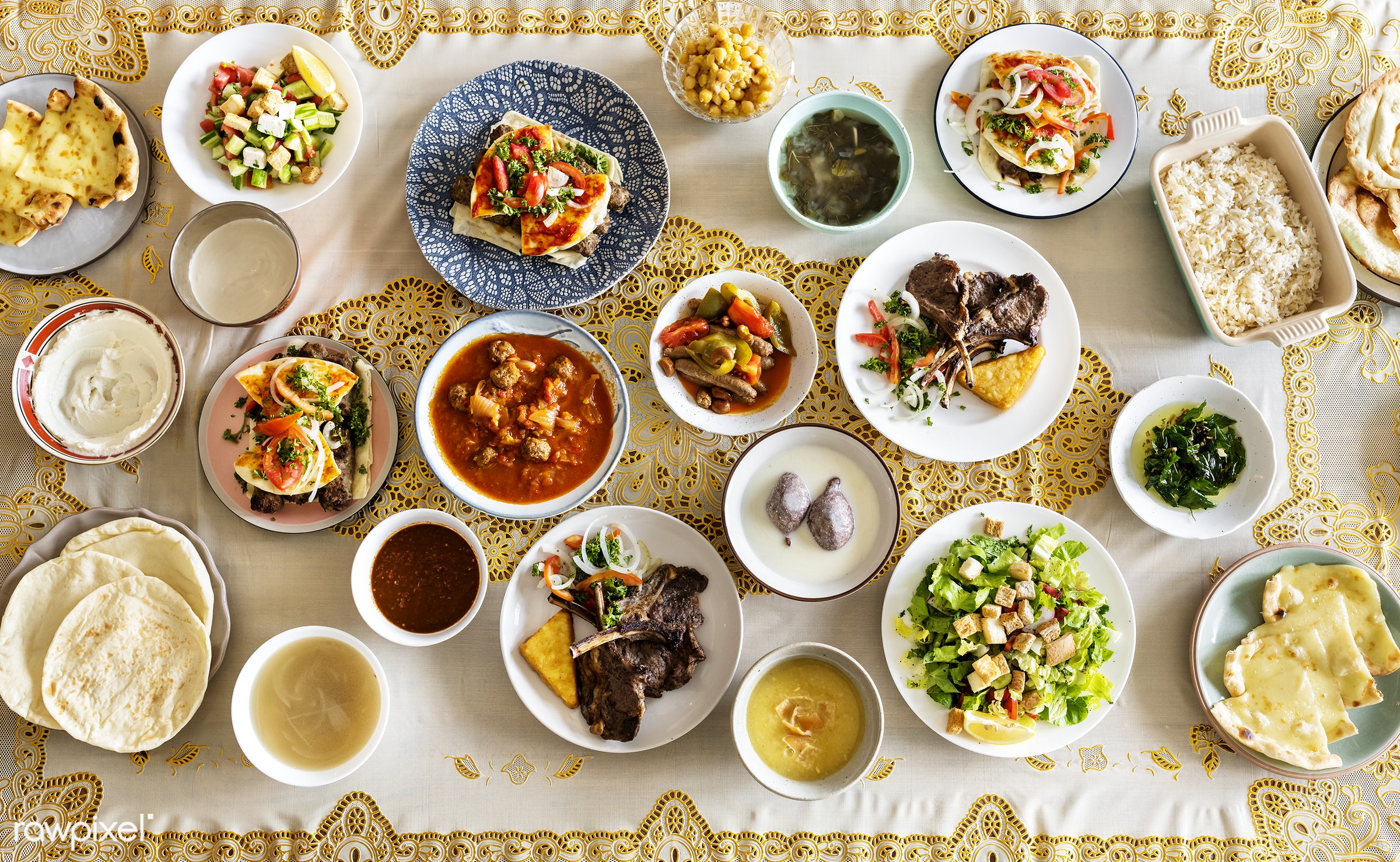
What happens at the end of Ramadan? You Eid a lot!
The end of Ramadan is celebrated by a three-day holiday called Eid al-Fitr, or "feast of breaking the fast." The day begins with Eid prayers at Mosques after which families exchange gifts, and spend the day with extended family members. I have fond memories of what Eid was like for me growing up. We would start at the Mosque for prayers after which everyone would wish each other "Eid Mubarak" or "Happy Eid." Then we would go and visit elderly relatives who could no longer go to the Mosque for health reasons. My parents would have cash gifts for the elders, but the elders always gave us children money. To refuse the money from our elders would be an unforgivable insult.
That was followed by donating food or groceries to a family who had come under hard times. My parents demonstrated that caring about and for others was important. Eid and Ramadan are ways to learn and observe selflessness. A way to gain deeper consciousness and awareness. Ramadan is like a month-long "thanksgiving." One tends to appreciate that long-anticipated sip of water and bite of food at sundown. A reminder that life is more than just consumption, whether it be that "must have" cup of coffee or cigarette. Fasting is about self-discipline and compassion for all people.
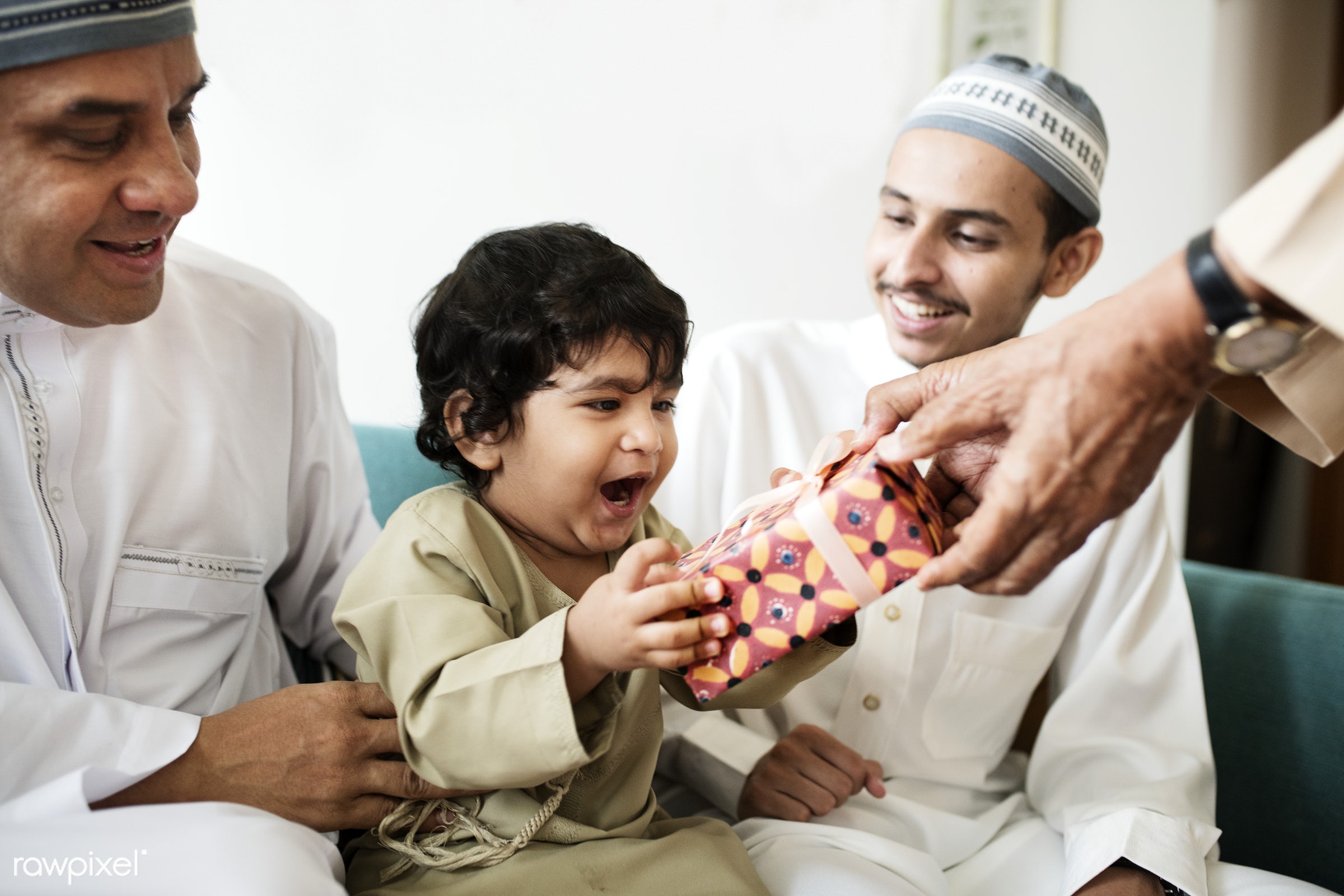
Fun facts
1) Ramadan is never the same time each year. The month is calculated according to the Islamic Calendar (which is a lunar calendar). So it moves 10 days forward every year. Bring on 2026 when it will be in February in Seattle!
2) Crunk up the crank! Forgive your co-workers or friends who may be rather cranky the first few days. That "must have coffee and/or cigarette" creates withdrawals when not consumed.
3) Be supportive. Being a supportive friend or creating a supportive work environment can help ease all the trials and tribulations of what fasting entails. For example, being able to change your office hours, or not hosting luncheon meetings is helpful during Ramadan. Common courtesy goes a long way all day, every day.
4) No. It's not bad for your health. Unless of course you are ill and/or have a condition that means you must consume food or medication. Fasting has been observed by people throughout history. Think of it as a detox method.
5) How much weight will you lose? I can only speak for myself here. I do lose weight, but I have a high metabolism and I am very specific about what I eat at night to ensure I do not lose too much weight. The paradox is that high carb foods, which help you retain or maintain weight, fill you up too quickly when you have not consumed anything all day. Everyone's metabolism is different. Some people can and do gain weight.
6) Can you eat a full meal right away? Personally, I cannot. I choose to eat in stages so I do not feel overstuffed. After breaking with dates and a small glass of water, I move onto a salad and Gatorade (because it replenishes electrolytes faster than water). I wait 45 minutes then eat a meal.
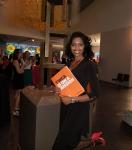
Salma Siddick is the Social Media & Content Manager at YWCA Seattle | King | Snohomish. An immigrant from Zimbabwe, Salma has lived, worked, and attended school on three continents.
We share the stories of our program participants, programs, and staff, as well as news about the agency and what’s happening in our King and Snohomish community.
